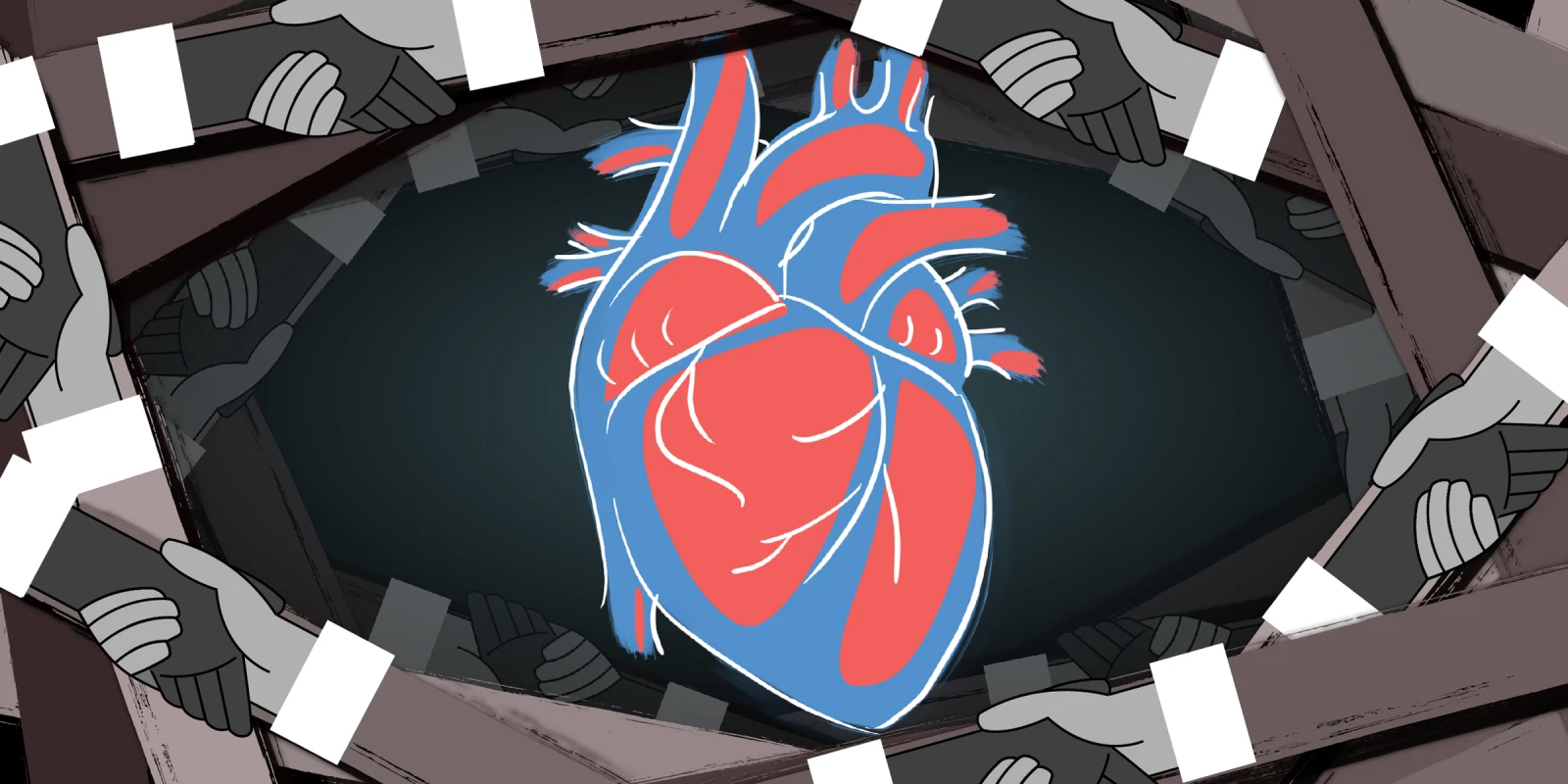It was wonderful to once again be part of the Congenital Heart Disease and Pediatric Cardiology Community at this year’s AHA scientific sessions, though many of us felt disappointed for not having the chance to experience in person great new science combined with encounters with friends, Boston’s fresh seafood, and strolls down Newbury Street or along the Charles River.
The program commenced on Friday evening with the Rashkind lecture, presented by Dr. Rochelle Walensky, Director of the CDC, who emphasized how the pandemic has reinforced the importance of a strong public health infrastructure and the value of accurate and effective scientific messaging. The Helen B Taussig Memorial Lecture and outstanding research awards in Pediatric Cardiology session followed on Saturday morning. These included impactful new work showing the disparate outcomes of Hispanic and non-Hispanic Black infants compared with non-Hispanic whites, explained at least in part by adverse maternal fetal environments, presented by Dr. Stephanie Santana (Medical University of South Carolina). Dr. Caren Goldberg (University of Michigan), on behalf of the Pediatric Heart Network investigators, presented updated results of the Single Ventricle Reconstruction (SVRIII) trial after the Fontan procedure into early adolescence, with no significant difference in mortality, cardiac function, or exercise performance between patients managed initially with Blalock-Tausig-Thomas shunt versus a right ventricle to pulmonary artery conduit. The third award recipient was Dr. Andrea Beaton (University of Cincinnati), for her work demonstrating exciting results from a randomized controlled trial of secondary antibiotic prophylaxis for latent rheumatic heart disease in Ugandan children.
Professor Roberta Williams (University of Southern California and Children’s Hospital Los Angeles), a true pioneer in our field, presented the Helen B Taussig Lecture. She reflected on her journey through years of evolution of the field of pediatric cardiology, pointing to many key life-changing advancements, while challenging us to take full advantage of the exciting novel technologies and opportunities which continue to arise to help improve the lives of our patients.
Several new advances in the treatment of children with heart failure were discussed, including Dr. Devika Patel’s work at Children’s National Medical Center on the use of cardiac MRI to predict acute cellular rejection after heart transplant. Dr. Lydia Wright (Nationwide Children’s Hospital) showed improved survival in Fontan patients undergoing heart transplant, using large national datasets, suggesting that timely referral to transplant may impact survival.
This year the Young Hearts Early Career Investigator Award finalists included Dr. Aimee Bigelow (The Ohio State University) for her work on the effect of isosorbide dinitrate on exercise tolerance, venous pressure, and liver stiffness in patients with Fontan circulation, as well as Dr. Mansi Gaitonde (University of Texas Southwestern), who presented interesting research on fetal echocardiography predictors of type of coarctation repair postnatally.
In support of early career faculty development, the session “Leveling the Playing Field, Mentorship and Sponsorship to Promote Early Careers in Pediatric Cardiology” launched with Dr. Kiona Allen’s (Lurie Children’s Hospital) outstanding presentation titled “Fighting the Dark Side,” embracing diversity and mindfulness of stereotypes for the sake of a better workforce. Dr Allen brought up the subject of “impostor syndrome” in women as well as acknowledged the subject of microaggressions in the workplace. Dr. Catherine Krawczeski (Nationwide Children’s) and Dr. Antonio Cabrera (University of Utah) discussed various aspects of leadership during the COVID-19 pandemic, and helped provide tips to expand opportunities to lead, be compassionate and to think outside the box. Then, Dr. Carissa Baker-Smith (Nemours Children’s Hospital-Wilmington) provided perspective on mentorship and sponsorship, with insightful tips on building long lasting trusting career development relationships.
There were two sessions dedicated to the impact of COVID-19 on the pediatric, young adult and congenital heart disease communities. A live program moderated by Drs Jane Newburger and Jamil Aboulhosn addressed the lessons learned from the Big 10 conference and the institutional strategies of return to play from Michigan and Ohio. Dr. Emile Bacha talked about the impact of COVID-19 on congenital heart surgeries and the experience of Columbia University in New York during the height of the pandemic in 2020. In addition, there were excellent presentations on multisystem inflammatory syndrome in children, including management tips.
There was a session dedicated towards addressing health equity where experts from around the globe like Dr. Raman Krishna Kumar and Dr. Bistra Zheleva spoke about pediatric cardiac care in low- and middle-income countries.
Additional sessions covered various topics, including ways of optimizing outcomes in specific disease populations, as well as applications of precision medicine to pediatric cardiology.
In memory of several pioneers in our field, the program dedicated a series of outstanding presentations to the recognition and reflection on their impactful contributions and lessons they taught. These were Drs. Paul Weinberg, Thomas Kulik, Brenda Armstrong, Aldo Castañeda, Jacqueline Noonan, and William Norwood.
The sessions culminated with an extensive series of contributions, including excellent poster presentations, which unfortunately cannot all be covered in this brief commentary. We encourage those who missed this year’s sessions to watch them virtually, as this is the one – and possibly only — good thing about living through a pandemic: having access to cutting edge scientific presentations at anytime and anywhere! Despite the limitations of the virtual environment, sharing new ideas and learning about the many research accomplishments continues to generate the energy, inspire creativity, and enthusiasm that helps drive progress in our field.
I acknowledge my colleagues Drs. Shelley Miyamoto (Children’s Hospital Colorado), Tarek Alsaied (UPMC Children’s Hospital of Pittsburgh), Neha Bansal (Children’s Hospital at Montefiore) and David Werho (Rady Children’s Hospital) for their contributions to the content of this commentary.
Dr. Kreutzer reports grants and consulting frees from Medtronic and Edwards Lifesciences.
Illustration by April Brust







